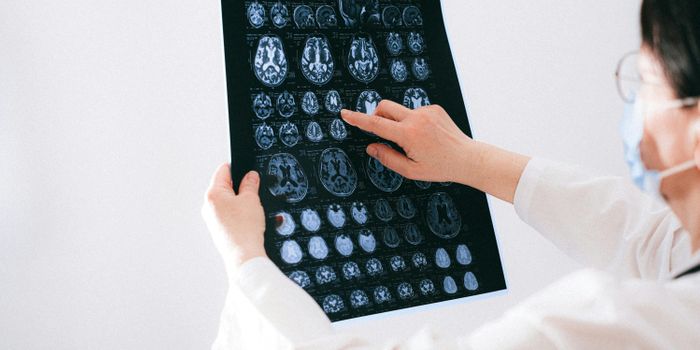How Does Ketamine Treat Depression?
In recent years, ketamine has received growing interest for its neuroprotective effects. Known to alleviate symptoms of depression in just hours whereas conventional antidepressants take weeks, studies have also shown its efficacy in helping patients with depression previously deemed untreatable. But how come? How does ketamine work?
As it turns out, despite having measured its positive effects, researchers are still uncertain how ketamine works. Several theories on how it works exists however. Although purporting different processes, it is nevertheless likely that these processes work together to produce ketamine’s effects, among processes that are as yet unstudied.
A prominent theory on how ketamine may work is by targeting the brain’s NMDA (N-methyl-D-aspartate) receptors. Binding to these receptors, ketamine seems to increase the amount of glutamate, a neurotransmitter that plays a large role in learning and memory, found in the spaces between neurons. This influx of glutamate the activates α-amino-3-hydroxy-5-methyl-4-isoxazolepropionic acid receptor (AMPA) receptors. By working with both NMDA and AMPA receptors in this way, ketamine seems to lead to the release of other molecules that enable neurons to communicate along new pathways. A process known as synaptogenesis, it then likely relieves depressive symptoms by positively affecting mood, thought patterns and general cognition (Meisner: 2019).
Building upon this theory, Alexander Papp, MD, psychiatrist at UC San Diego Health, explained how this process leads to ketamine’s faster treatment times than traditional antidepressants: “The speediness of ketamine in producing an antidepressant effect occurs because this drug bypasses the traditional serotonin route and goes directly to activating glutamate. This is very different from traditional antidepressants, which first increase the activity of serotonin in multiple different areas of the brain, and then ultimately affect glutamate. This process usually takes two to four weeks to take effect, while ketamine yields an almost immediate effect (Johnston: 2017).”
Alternative reasons for ketamine’s effects exist too. For example, researchers at the University of Illinois at Chicago College of Medicine have proposed a theory revolving around G proteins. A family of proteins that function as molecular switches, they pass messages from the cell’s exterior to its interior and are located in areas of the cell membrane known as “lipid rafts” alongside other cellular machinery required for signaling between cells.
Looking into these proteins, the researchers found that those with depression had high quantities of G proteins in their lipid rafts, which were then subsequently turned off. This is likely to have led to reduced neuronal signaling, and perhaps some depressive symptoms. However, after administering ketamine to people with high numbers of G proteins in their lipid rafts, they found that these G proteins left the lipid rafts within just 15 minutes of receipt, alongside depressive symptoms (Wray: 2018).
According to Professor Mark Rasenick, a leader of the study, “With ketamine, the G proteins are very slow to move back into the lipid rafts, which would explain the drug's long-term effects on depressive symptoms (Newman: 2018).”
To conclude, although research has shown that ketamine is likely effective in treating symptoms of depression and theories exist explaining how this happens, as of yet, there is little consensus on exactly how the drug works. To this end, further research is needed, including trials monitoring usage of the drug in clinical settings in both the short and long term, as well as into the molecular structures within the brain itself.
Sources
Meisner, Robert C.: Harvard Health Publishing
Johnston, Gabrielle: UC San Diego Health
Wray, Nathan H. et al: Molecular Psychiatry
Newman, Tim: Medical News Today










